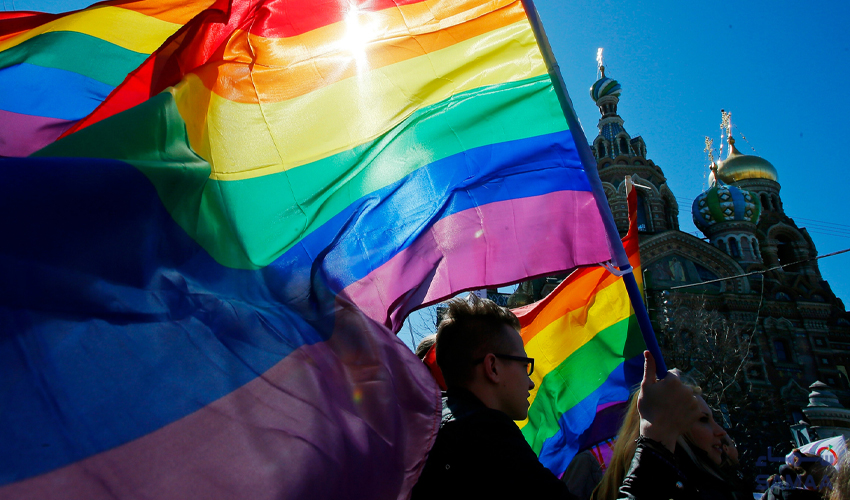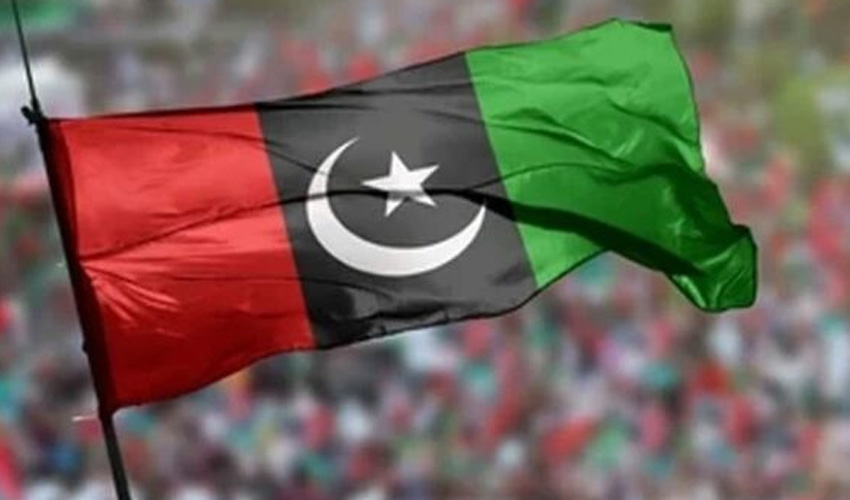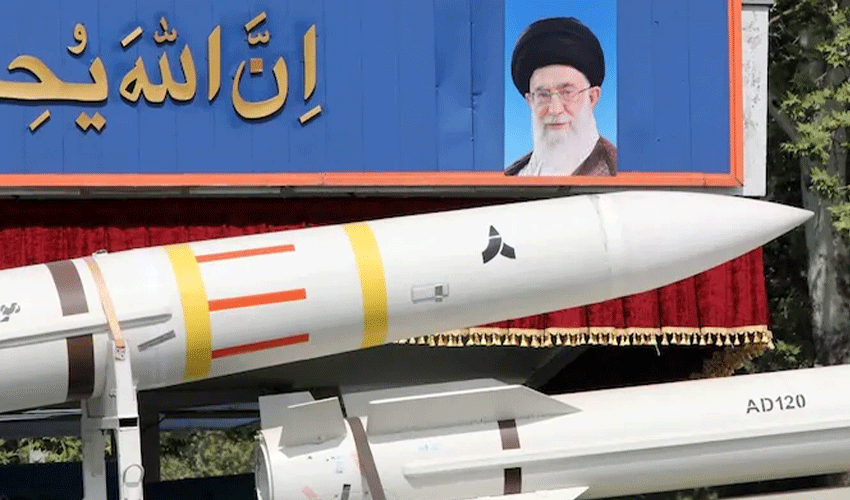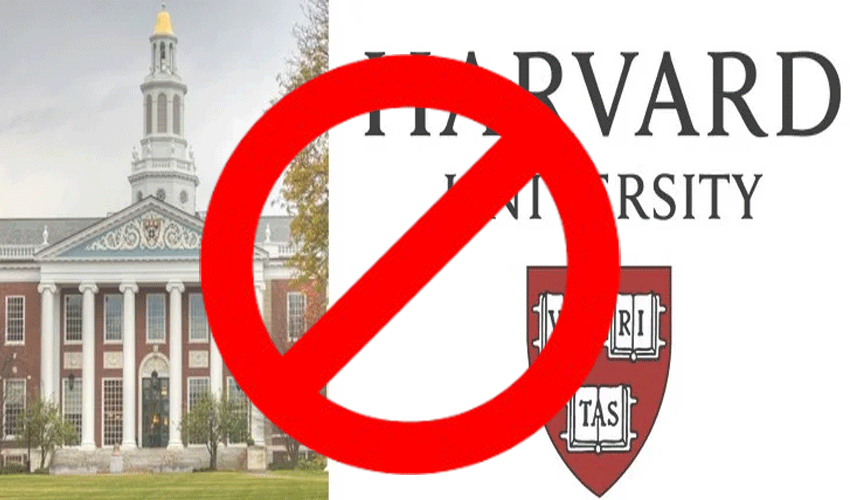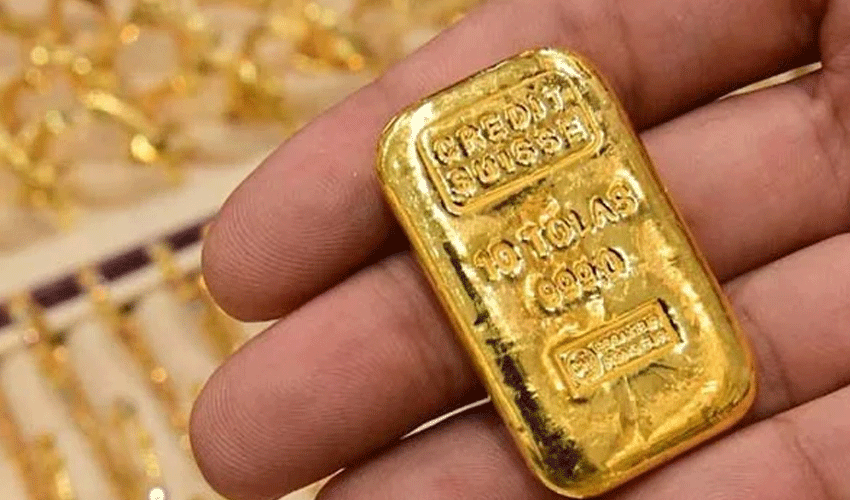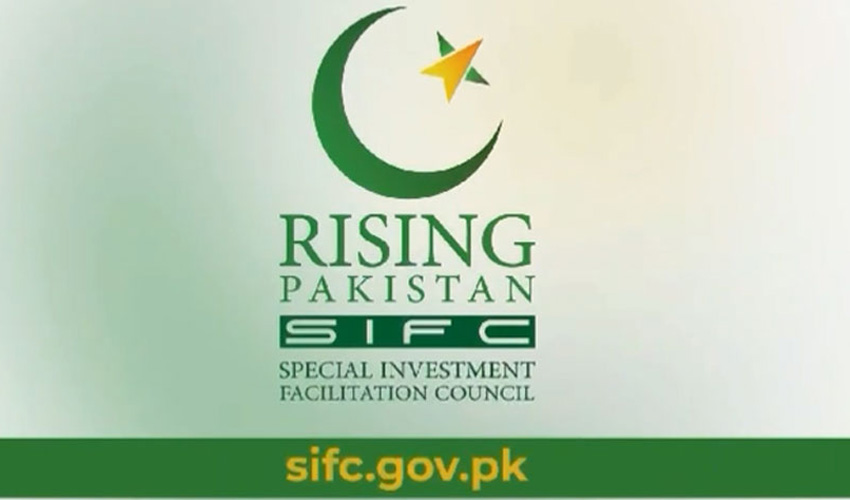In a recent and impactful move, the Supreme Court of Russia issued a significant ruling banning the "international LGBT movement," citing it as an extremist group. This ruling has sent shockwaves across the LGBTQ+ community and rights activists, emphasizing the continued crackdown on their rights within the country.
Judge Oleg Nefedov, presiding over the court, officially declared the "international LGBT public movement and its subdivisions" as extremist, thus imposing a ban on their activities throughout Russia. However, the ruling did not specify the individuals or organizations that would directly face the repercussions of this decision.
The court's decision was made behind closed doors, without any defense present, adding to the concerns and uncertainties surrounding its implementation. Ada Blakewell, a journalist, expressed disappointment at the lack of public support during the hearing, indicating the fear and hesitancy prevalent among individuals to openly discuss LGBTQ+ topics.
The immediate execution of the order has created panic among LGBTQ+ rights organizations, unsure about the scope and potential repercussions of the ban. Noel Shaida, from the Sphere Foundation, highlighted the confusion and fear arising from the ruling, stating that it might lead to the criminal prosecution of LGBTQ+ individuals and groups advocating for their rights.
International rights organizations, including Human Rights Watch and the United Nations, have condemned the decision, highlighting its threat to LGBTQ+ activism and the potential criminalization of individuals and groups supporting these communities.
Maxim Olenichev, a lawyer assisting victims of repression, warned about the creation of a climate of fear through criminal cases. This ban may lead to censorship, making it challenging to offer assistance to affected individuals, further pushing LGBTQ+ activism underground.
The intensified crackdown on LGBTQ+ rights in Russia aligns with a conservative turn that has been observed, especially amid the country's Ukraine offensive and the approaching 2024 presidential election. Tanya Lokshina from Human Rights Watch expressed concerns that the ban might be utilized to rally conservative supporters for the upcoming election.
This ban is part of a series of restrictive measures, including laws criminalizing any positive mention of LGBTQ+ individuals or relationships, as well as recent legislation banning gender identity changes. These developments have considerably hindered the LGBTQ+ community's rights and advocacy within Russia.





